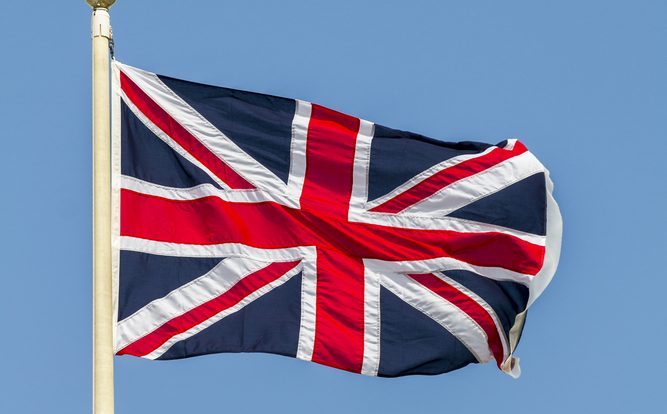
The UK announced its new growth plan on Friday, which includes the biggest tax cuts in generations. Trying to stimulate the economy at a time when the country is suffering from hyperinflation and entering recession is a trick.
Annual inflation is currently at 9.9%, one of the highest rates since the 1980s, prompting the Bank of England (BoE) to raise interest rates by 0.5 percentage points to 2.25% yesterday, the highest level since 2008.
Today’s plan is estimated to cost the public purse about 45 billion pounds ($50 billion). This will be on top of another £60bn ($66.5bn) in support for domestic energy bills announced by Prime Minister Liz Truss a few days ago.
Continue after ad
Speaking in Parliament today, Finance Minister Kwasi Kwarteng said corporate tax will continue at 19% instead of being raised to 25% as planned.
At the same time, the basic income tax rate will be cut from 20% to 19% in April 2023 – a year earlier than planned – with 31 million people earning an average of £170 (about US$189) more per year.
Development goal
The plan set an ambitious target of 2.5% growth, ensuring sustainable funding for public services and improving people’s quality of life.
Guarteng said in his speech that economic development is not an academic term that has no relation to the real world.
“That means more jobs, higher wages and more money to fund public services like schools. It won’t happen overnight, but the tax cuts and reforms I announced today — the biggest package in generations — send a clear signal that growth is our priority.
Continue after ad
In the coming weeks, the government will present more details on plans to accelerate digital infrastructure, reform trade regulations, increase housing supply, improve the immigration system, make childcare affordable, improve agricultural productivity and support financial services.


